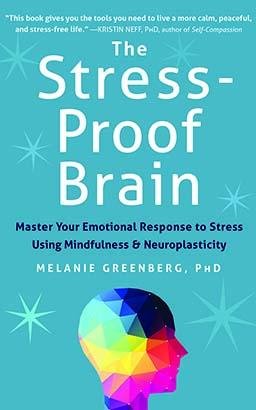“Neuroplasticity: Training Your Brain for Better Health”
March 14, 2024 | by zhealtheist.com


Neuroplasticity: Training Your Brain for Better Health
“Neuroplasticity,” once a word known only to scientists, has now made its entry into everyday conversations and is frequently featured in health publications. But what is this concept that is taking the world by storm, and how exactly can training your brain via neuroplasticity optimize your health and wellbeing? Let’s dive deeper into this fascinating realm of neuroscience.
Understanding Neuroplasticity
Neuroplasticity, sometimes also referred to as brain plasticity, is the brain’s ability to modify, change, and adapt both structure and function throughout life and in response to experience. Undoubtedly, understanding this concept can open doors to many revolutionary applications, especially when it comes to mental health and wellbeing.
The Role of Neuroplasticity in Mental Health
Recent studies showed that our brain’s neuroplastic nature could be harnessed to treat mental health disorders like depression, anxiety, and stress disorders. Neuroplasticity can also play a pivotal role in cognitive enhancement and the management of neurological disorders like stroke and Alzheimer’s disease.
Importance of Neuroplasticity: Scientific Insights
Research has demonstrated that the brain’s capability to reorganize itself involves several processes ranging from the formation and eliminating of synapses to the growth of new neurons (neurogenesis). These capabilities are not just important for learning new skills, but are also crucial in the recovery from brain injury. Thus, leveraging neuroplasticity harbors the potential to enhance cognitive abilities, improve mental health, and also aid in recovery from incidents like stroke.
Benefits of Harnessing Neuroplasticity
Training your brain using the principles of neuroplasticity can offer a broad range of benefits:
- Cognitive enhancement: Regular brain training can lead to improved memory, better decision making, improved creativity, and quicker learning capabilities.
- Mental health improvement: Mental disorders like depression, anxiety, and post-traumatic stress disorder can potentially be navigated better with the principles of neuroplasticity.
- Neurological recovery: For people experiencing a stroke or suffering from conditions like Alzheimer’s, training the brain can help speed up the recovery process and slow the disease progression.
Practical Tips to Harness Your Brain’s Neuroplasticity
Now that we have explored what neuroplasticity is and its many benefits, let’s dig into how you can leverage these principles for better cognitive health. Here are a few practical tips that can help nurture your brain’s plasticity:
- Engage in Lifelong Learning: Challenge your brain consistently by learning new skills or knowledge. This can help create new neural pathways and strengthen existing ones.
- Mindful Practices: Activities such as yoga, meditation, and mindfulness can stimulate new neural connections and promote a healthier brain.
- Positive Social Interaction: Participating in positive social activities can ward off stress and stimulate areas of the brain responsible for emotional regulation.
- Healthy Diet and Exercise: Regular exercise and a diet rich in fruits, vegetables, and omega-3 fatty acids can contribute to improved brain health and plasticity.
Conclusion
The power of neuroplasticity truly offers promising capabilities in enhancing cognitive health and wellbeing. With an understanding of neuroplasticity and knowledge to harness it, we can train our brains for better health and longevity. Remember, the brain is designed to evolve, adapt, and grow. So, take advantage of these innate capabilities and embark on a journey towards better cognitive health!
Meta Title:
Harnessing Neuroplasticity: Training Your Brain for Better Health
Meta Description:
Explore the concept of neuroplasticity and how training your brain can contribute to better cognitive health and overall wellbeing.
RELATED POSTS
View all



